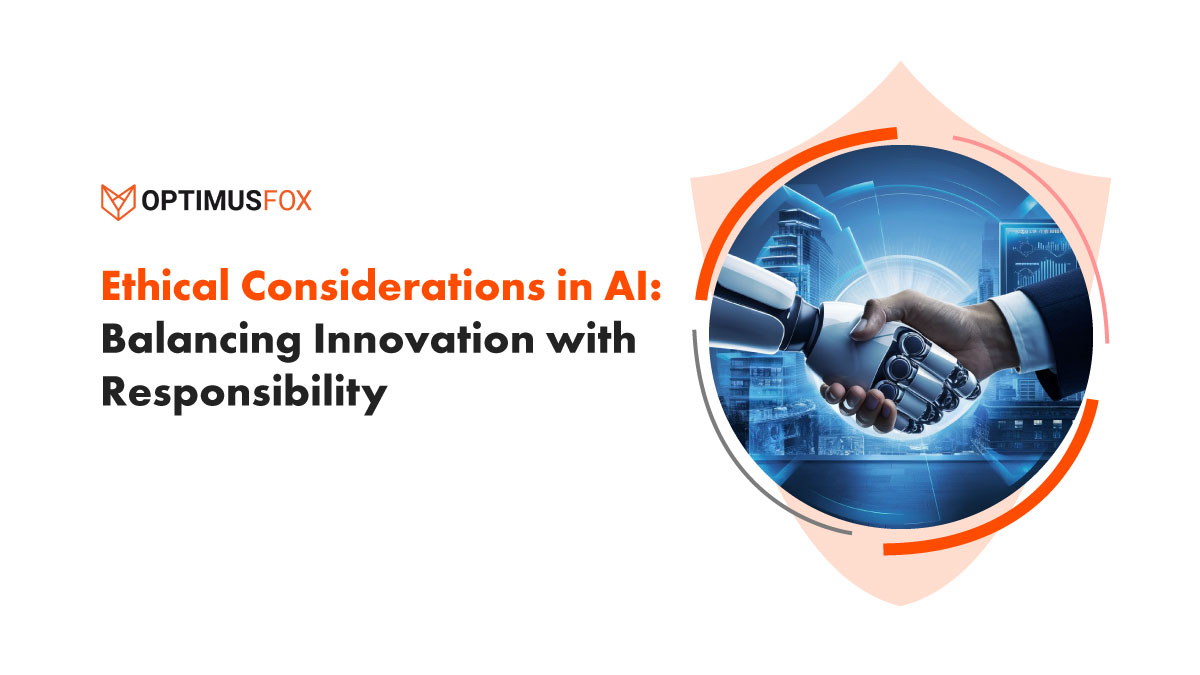The Web3 sector has received a lot of attention in recent years due to its novel and ground-breaking approach to developing a decentralized internet. However, in order to keep consumers safe from harm, comprehensive cybersecurity measures are required to accompany this breakthrough. In this piece, we’ll look at the measures taken by the Web3 sector to protect user data and examine why this topic is so important.
What is Web3?
It’s important to define Web3 before delving into its security implications. Web3 is the next generation of the internet, and it is powered by blockchain technology. Its ultimate goal is to make the internet more open, secure, and immune to government censorship.
Web3 uses a decentralized network of computers to store information, in contrast to the centralized servers used by the old internet. This reduces the ease with which cybercriminals can launch assaults by eliminating a potential weak spot.
How Web3 Makes Cybersecurity a Top Priority?
The Web 3 sector has recognized the critical nature of cyber-security and made it a key focus. Here are a few of the ways that businesses in this sector are protecting their customers’ privacy and security.
Encryption
Encryption is the process of transforming a message from its original, unencrypted form into a secret code. Encryption is widely used in the Web3 business to safeguard user information. Blockchain relies on public and private key cryptography to ensure the safety of transactions and conceal the identity of those involved.
Decentralization
Web3’s emphasis on decentralization is key to the concept’s emphasis on security. Data in a decentralized network is spread out among many different machines, eliminating the possibility of a data center going down. Because of the necessity of attacking numerous nodes at once, this makes it harder for hackers to initiate an assault.
Smart Contracts
The conditions of the agreement between the buyer and the seller of a “smart contract” are written directly into lines of code, making the contract self-executing. Because they are immutable once they have been deployed, smart contracts give an extra degree of protection. By doing away with middlemen, the possibility of fraud and cyberattacks is much diminished.
Auditing
Regular audits are performed in the Web3 business to find security flaws and fix them before they may be exploited. To find flaws in a system, auditors examine its source code, architecture, and security protocols.
Bug Bounties
The term “bug bounty” refers to the financial incentives granted to those who discover and publicly disclose security flaws. In order to encourage users to report vulnerabilities and strengthen the security of Web3 platforms as a whole, bug bounties are offered by many of them.
Participation in Society
The Web3 sector is well aware that user security is everyone’s business, and it actively solicits community input to that end. Platforms often interact with its users in order to collect feedback, discover security vulnerabilities, and create countermeasures.
Read More: GPT4: The Next Generation of Conversational AI
Challenges of Cybersecurity in Web3
The Web 3 industry has taken steps to improve cybersecurity, but there are still problems that require fixing. The following are examples of difficulties:
Poor Quality Control
Due to its infancy, the Web3 sector has yet to establish any universally accepted cybersecurity standards. This generates disparities in security protocols and makes it harder for developers to guarantee the security of their platforms.
Human Error
Despite the implementation of cutting-edge tools and procedures, however, human error remains a major threat to cybersecurity. Human error, which can take many forms from insufficient password security to unintentional data leakage, remains a challenge for the Web3 sector.
Exploits and Hacking
Hackers and other bad actors are likely to focus on the Web3 sector more frequently as it continues to expand. The sector must maintain a high level of vigilance for emerging dangers and keep innovating countermeasures.
Conclusion
The Web3 industry is a game-changer in the tech sector, with the potential to transform the way people live, work, and interact in the digital world. However, advanced cybersecurity solutions are required to safeguard consumers against new types of attacks as the pace of technological development accelerates. The Web 3 sector has recognized the critical nature of cyber-security and made it a key focus.
Industry leaders are proactively protecting users through measures like encryption, decentralization, smart contracts, auditing, bug bounties, and community engagement. The Web3 industry’s dedication to cybersecurity bodes well for the future of the decentralized internet, albeit there are still difficulties to be addressed.




